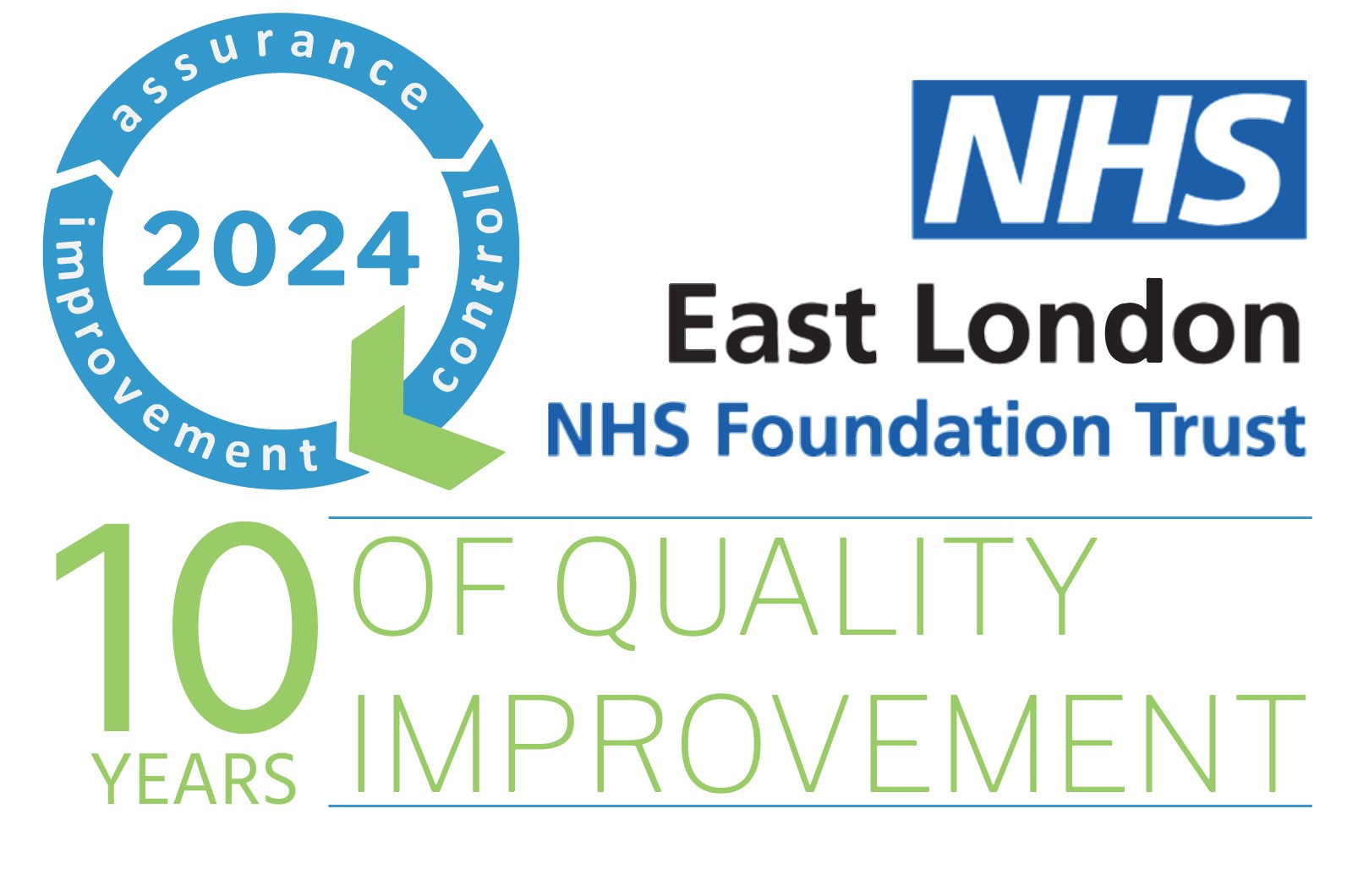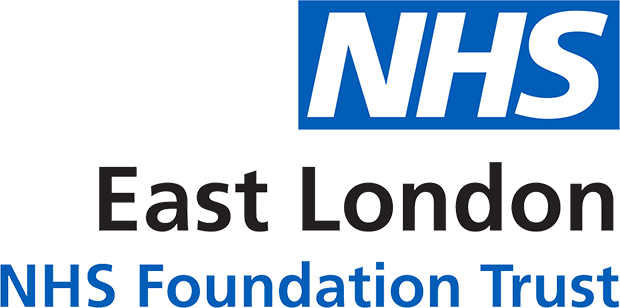3 minutes with Kelly Gale
 Read time: 3 minutes
Read time: 3 minutes
Firstly, could you give us a brief summary of your role and what a typical day at work is for you?
Business Transformation Manager – In a nutshell I help to re-design services that need to make changes – for reasons such as service improvement or re-structuring and then help to implement the changes with the teams.
What do you enjoy most about your role?
It’s quite varied and I work with many services in adults and more recently children’s directorates. It’s great when you can see that a positive difference has been made to patients and staff.
What do you do in your day-to-day work to support us to continually improve?
Part of my role is to look at capacity and demand on services and then work with the teams on ways in which they can change systems/processes in order to maximise the capacity they have.
Do you think it is important for the leaders of this Trust to embrace quality improvement?
Yes, because nothing is ever perfect and to maintain good services for our staff and patients we need to be constantly adapting and tweaking what we do. Demand on services increases year on year and capacity and budgets are getting less and less. We try to help people to work smarter, not harder as I believe they are already a very hard working bunch.
What would you say to someone who feels that QI is a box ticking exercise and is unsure about the benefits of QI to us as a whole Trust and themselves individually?
Most people can name at least one process/system that they perform in their role that drives them nuts. They usually have good ideas on how it can be changed for the better but feel that they can’t, that it’s ‘just the way it is’ and that they have no power to change it. QI empowers you to speak out about these things. It gives you a platform in which to voice your opinions and ideas for change. You are listened to and you are empowered to try out new ideas.
What do you see as the biggest challenge to embed quality improvement, and what can we do to tackle this?
Apathy. There is sometimes a desire to just put up with things how they are as it’s seen as someone else’s job to improve/change it and that QI is a flash in the pan that will eventually fizzle out. One way to tackle this is by giving an introduction to QI as part of induction to all new staff, to make them aware that it is not a gimmick; it is how we operate as a Trust.
How do you see the role of QI in the Trust as we move forward?
QI needs to be continued and embedded within services. Each service has yearly KPI’s and targets set, which would be a good place to also link the services QI projects.
Finally, could you sum up what quality improvement means to you and why you feel it is so important to us as a Trust to embrace.
QI is important to everybody within the Trust. Whether they realise it not, how effective and streamlined a process is effects everyone involved within that process. Looking at and changing the ‘small things’ eventually adds up to a big difference!




